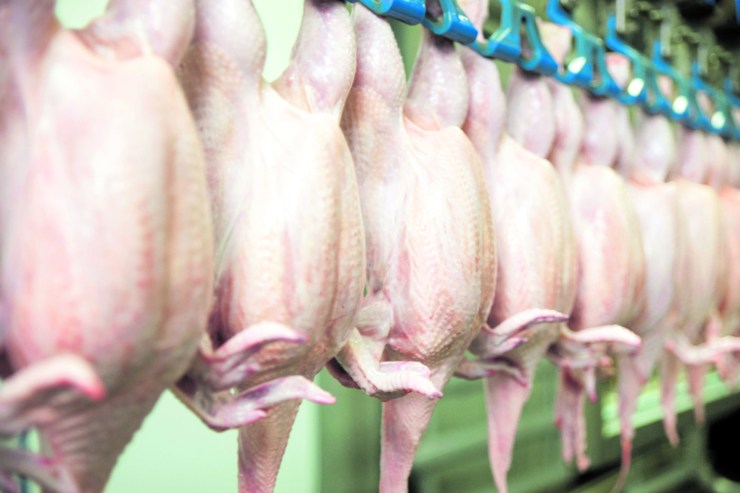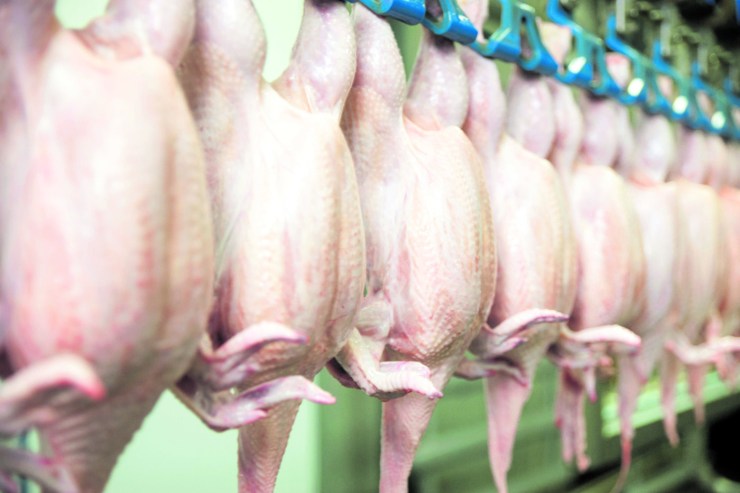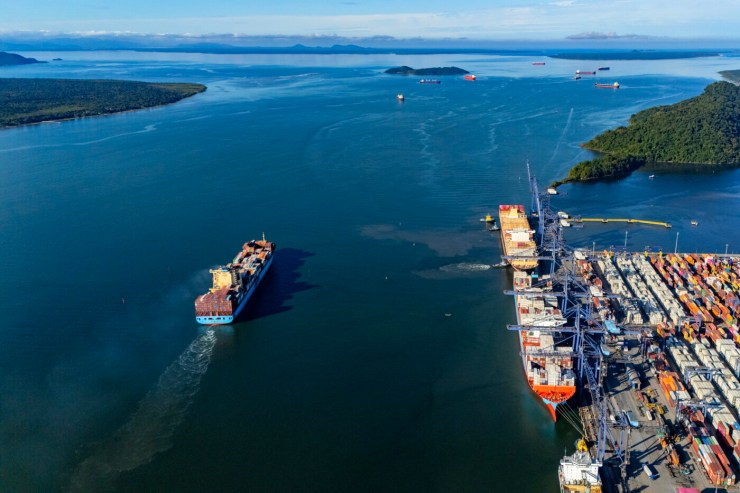US President Donald Trump's announcement last Tuesday (09) to impose a 50% tariff on all products imported from Brazil is already having practical and worrying effects on strategic sectors of the national economy. Among the most affected is the Brazilian fish industry, which saw shipments suspended and containers retained at ports following the measure.

Photo: Rodrigo Felix Leal
According to information from the Brazilian Association of the Fish Industry (Abipesca), at least 58 containers, carrying around a thousand tons of fish, are stopped in ports of Salvador (BA), Pecém (CE) and Suape (PE), after North American importers backed down due to uncertainty about the additional costs of the new tariff.
Trump's decision, which takes effect on August 1, will directly affect exports to the main destination for Brazilian fish: the United States accounts for between 70% and 80% of the sector's foreign sales, moving more than US$$ 240 million annually.
According to Abipesca, the measure compromises the entire production chain, from large meatpacking plants to artisanal fishermen and family aquaculture producers, creating a climate of "despair in the sector."
Route locked
With an average shipping time of 18 to 20 days, shipments to the US were virtually halted after the surcharge was announced. Exporters and importers are awaiting price adjustments and, above all, a definition of the measure's true effects.

Photos: Claudio Neves
The organization classifies the tariff as "extremely harmful" and demands cautious and diplomatic action from the Brazilian government, avoiding hasty retaliation that could exacerbate the trade conflict. Abipesca also reiterated its support for urgent market diversification, especially with the opening of the European market, as a way to reduce dependence on the United States. "We have been warning about the slow pace of these negotiations with Europe. Moments like these demonstrate the risk of concentrating exports on a single trading partner," stated Abipesca president Eduardo Lobo in an official statement.
Unilateral tariff
The new tariff was imposed under Section 301 of the U.S. Trade Act, which allows the U.S. government to investigate unfair trade practices and unilaterally impose sanctions. Trump's argument involves criticizing the actions of the Supreme Federal Court (STF), rulings against U.S. digital platforms in Brazil, and the convictions of former President Jair Bolsonaro.
 However, official data contradicts the claim of economic loss to the US: since 2009, the Americans have had a trade surplus with Brazil, and in 2024 the country exported around US$1.5 billion to the US, equivalent to 12.1 billion of all Brazilian foreign sales.
However, official data contradicts the claim of economic loss to the US: since 2009, the Americans have had a trade surplus with Brazil, and in 2024 the country exported around US$1.5 billion to the US, equivalent to 12.1 billion of all Brazilian foreign sales.
Repercussion and uncertainties
The measure affects not only the fishing industry, but also sectors such as steel, manufacturing, and agribusiness in general. Economists warn that 50% tariffs make Brazilian products virtually unviable in the North American market, and that the measure may be motivated more by politics than by commercial concerns.
Faced with the impasse, the Brazilian fishing sector awaits the federal government's next steps with apprehension. Abipesca, for its part, reaffirms its commitment to the sustainable development of the industry and reinforces its call for diplomatic and economic solutions that preserve the sector's competitiveness and the thousands of jobs at risk.




